Business
Vail Resorts says skier visits are down 18.3% compared to 2019-2020 season
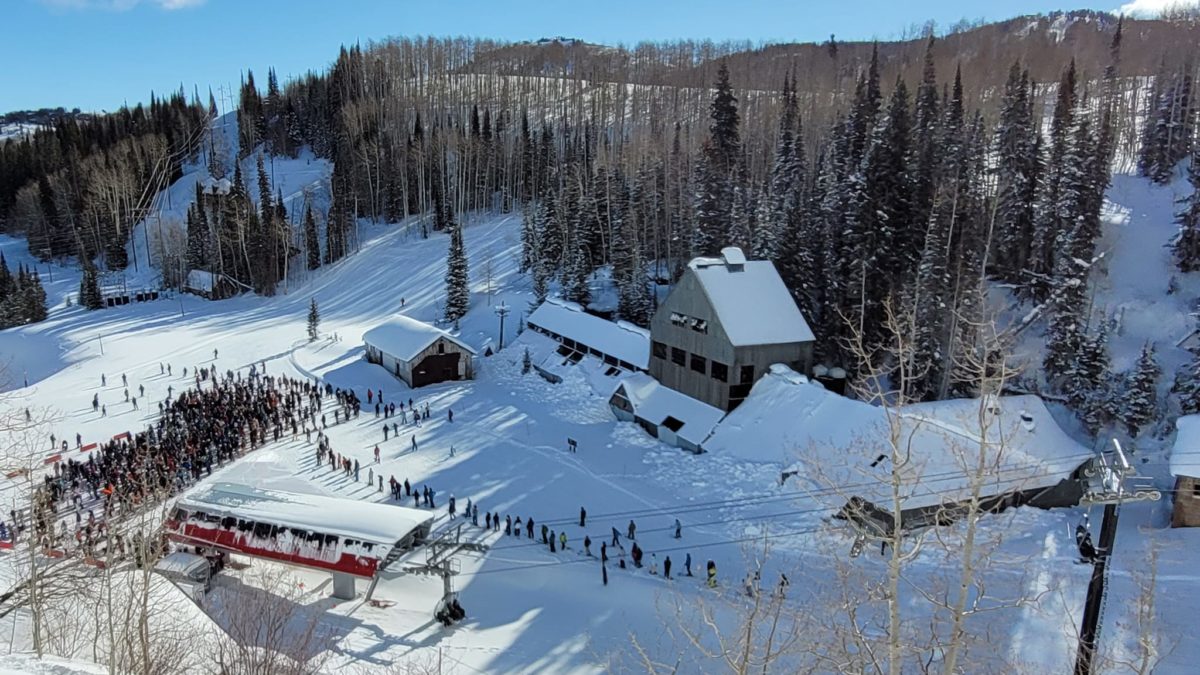
The Bonanza lift line at Park City Mountain around 12:30 pm on Jan. 8 (Sat.). Photo: Jennifer Gardner
PARK CITY, Utah — Vail Resorts reported ski season metrics from the beginning of the ski season through Jan. 2 on Friday, with the data showing total skier visits down 1.7% compared to the same period last year at its North American resorts.
Visits are down 18.3% compared to the same period during the 2019-2020 season.
Despite visits being down, total lift ticket revenue was up 25.9% compared to last season. Vail cut the price of their Epic Pass by 20% this season, resulting in sales up nearly 50% compared to the 2020-2021 season.
Vail CEO Kirsten Lynch said this season “got off to a slow start with challenging early season conditions that were worse than our expectations, resulting in delayed openings and limited open terrain that persisted into the first week of the holidays.”
Park City Mountain, owned by Vail, had to push back its opening nine days to Nov. 28 due to warm weather.
“Although overall visitation was negatively impacted by the poor conditions, particularly among our local guests, our season pass sales results significantly mitigated the impact of the challenging start to the season on lift revenue,” Lynch said.
Lynch added that “the significant acceleration of COVID-19 cases associated with the Omicron variant has negatively impacted our results along with the broader travel sector as we expect certain guests reconsidered travel plans and were impacted by related flight cancellations.
“The impact of COVID-19 cases amongst our employees and the related employee exclusions from work resulted in further challenges in an already difficult staffing environment.”
The CEO said that the bonus payout to employees at the end of the season will cost the company $20 million.
For all hours worked from Jan. 1 through the end of the season (April 15 if the season runs longer), Vail Resorts employees will receive $2 per hour. For example, if an employee works 40 hours per week for the 15 weeks between Jan. 1 and April 15 (600 hours), that employee would receive an end-of-season bonus of $1,200 (600 hours x $2/hour).
The Wall Street Journal reported on the company’s challenges in an article that went out with its Saturday paper.
“Is this going to make everything perfect? Absolutely not,” Ms. Lynch told the Journal regarding the bonus payout.
“But is this a step in the right direction? And that I hear you and that I’m willing to take action to address it? Yes, I believe that it is. And as I said, we’re always willing to hear and change and pivot.”
Vail told the Journal that some of its resorts lost more than 10% of staff due to COVID-19 during the holidays.
The company also said in the report that average wait times for lift lines at its resorts were under 10 minutes 90% of the time during the holiday season.
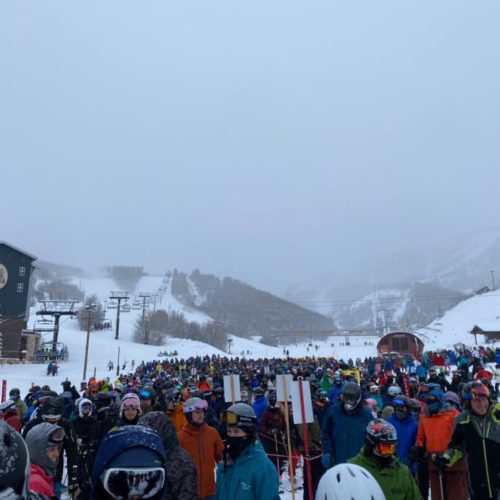
Despite Vail’s stock (MTN) dropping recently, it remains above pre-pandemic levels with a share price above $300. During the beginning of the pandemic, the stock dropped below $150.
The company recently made a managerial change at its Stevens Pass Ski Resort in Washington, following a viral petition with over 40,000 signatures that criticized the lack of open terrain and other issues.
The new general manager, Tom Fortune, who most recently worked at Heavenly Ski Resort in Lake Tahoe, said in an introductory letter that he is “committed to securing both short-term wins and outlining a long-term roadmap of improvement.”
He conceded that “change will not happen overnight” but said he is “committed to communicating often, and with transparency.”
The full letter:











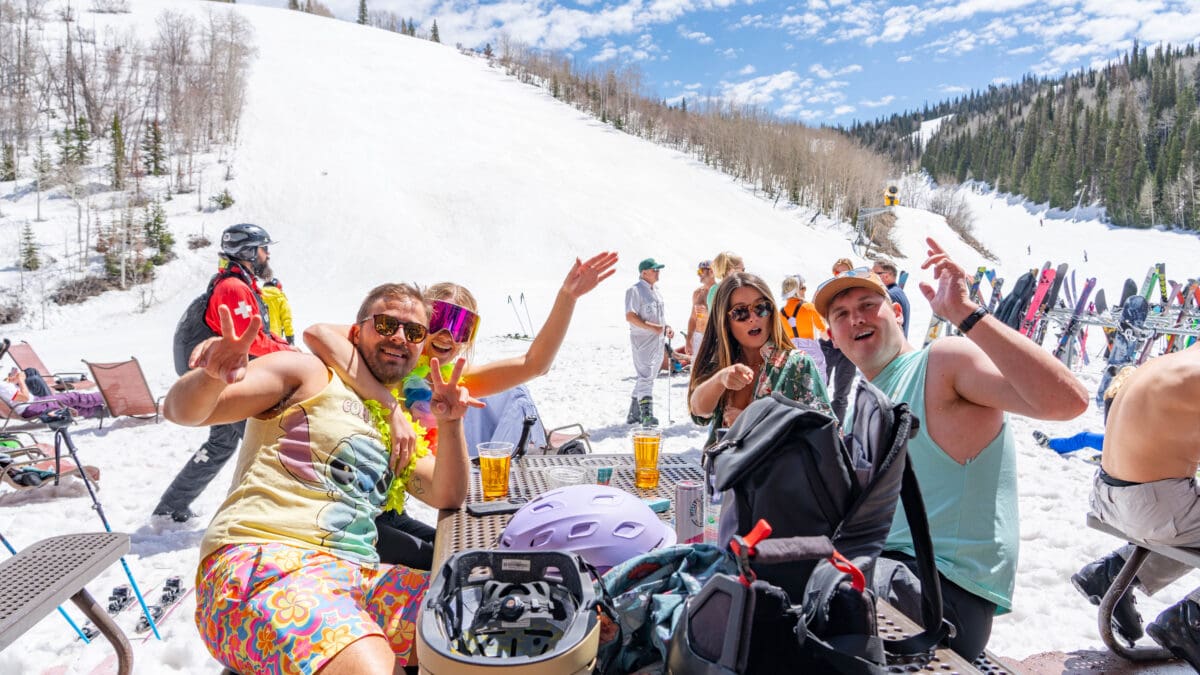
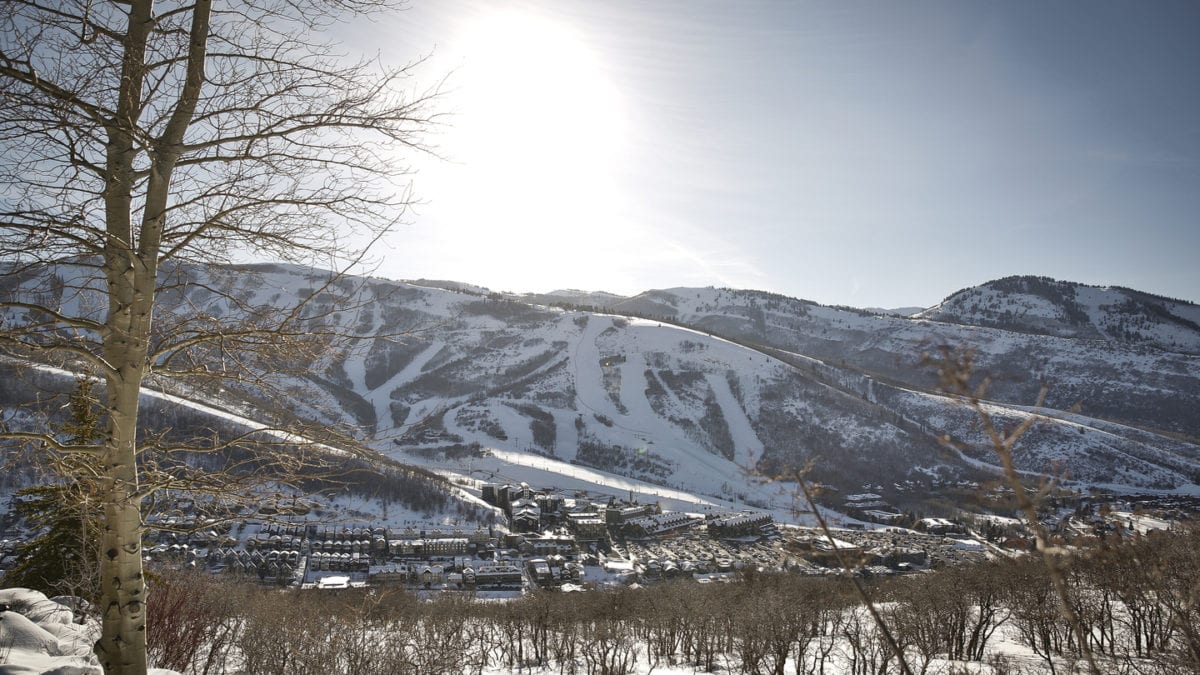
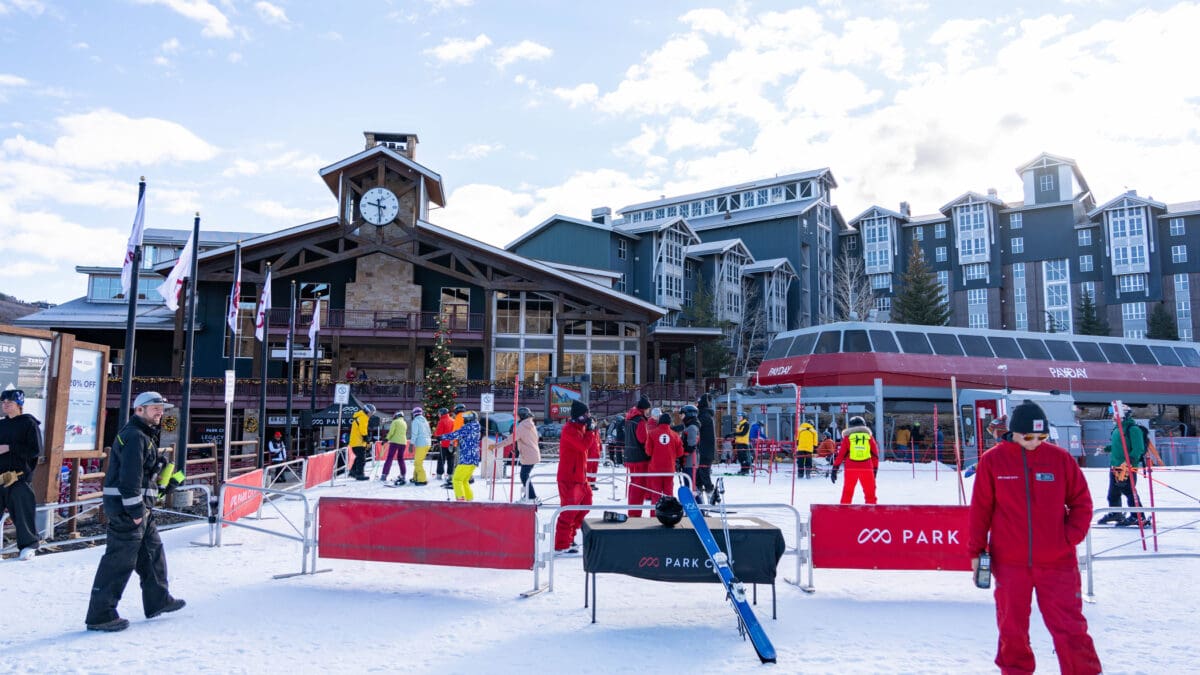
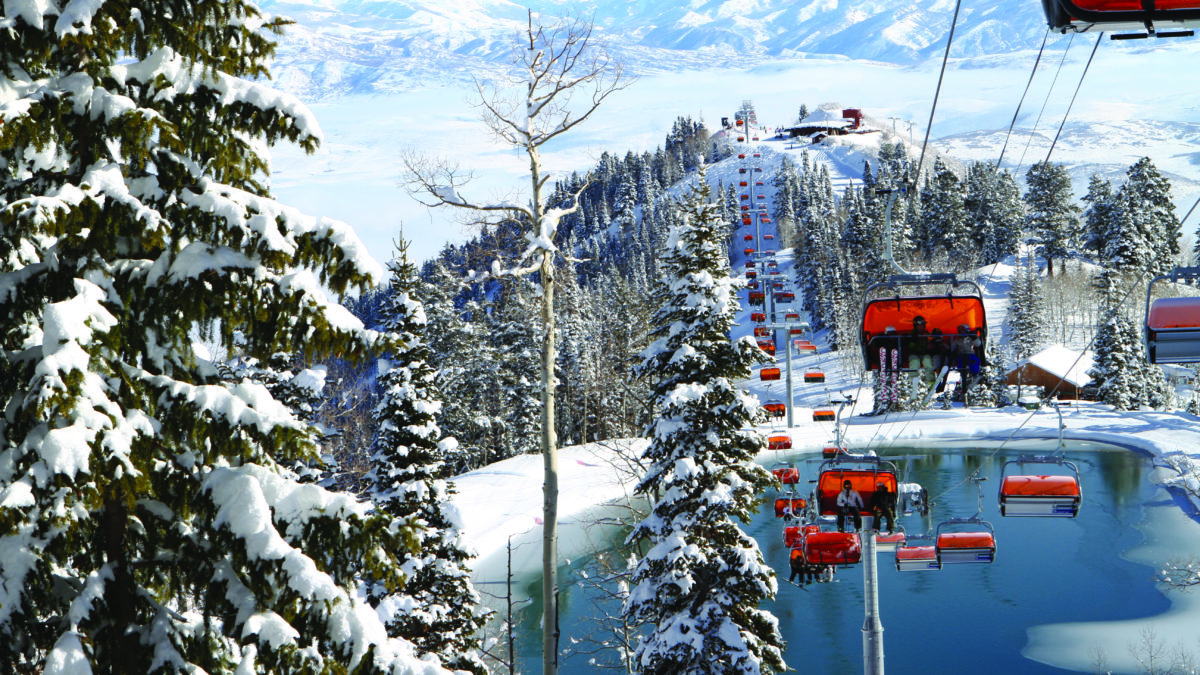

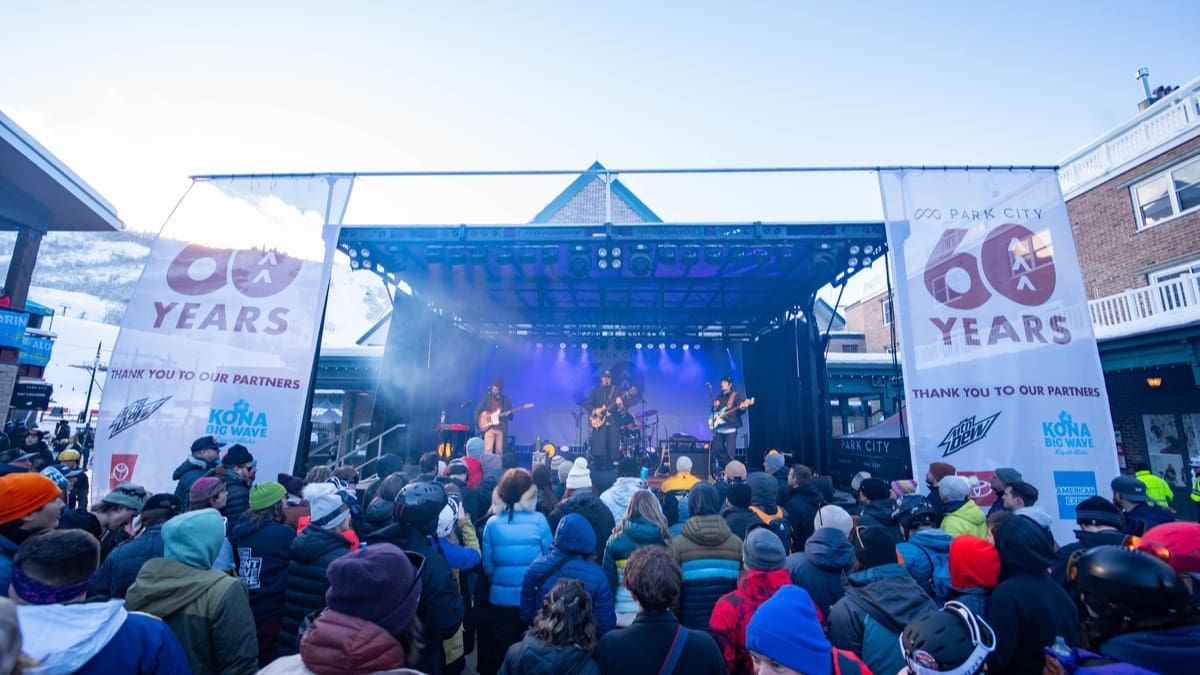
You must be logged in to post a comment.